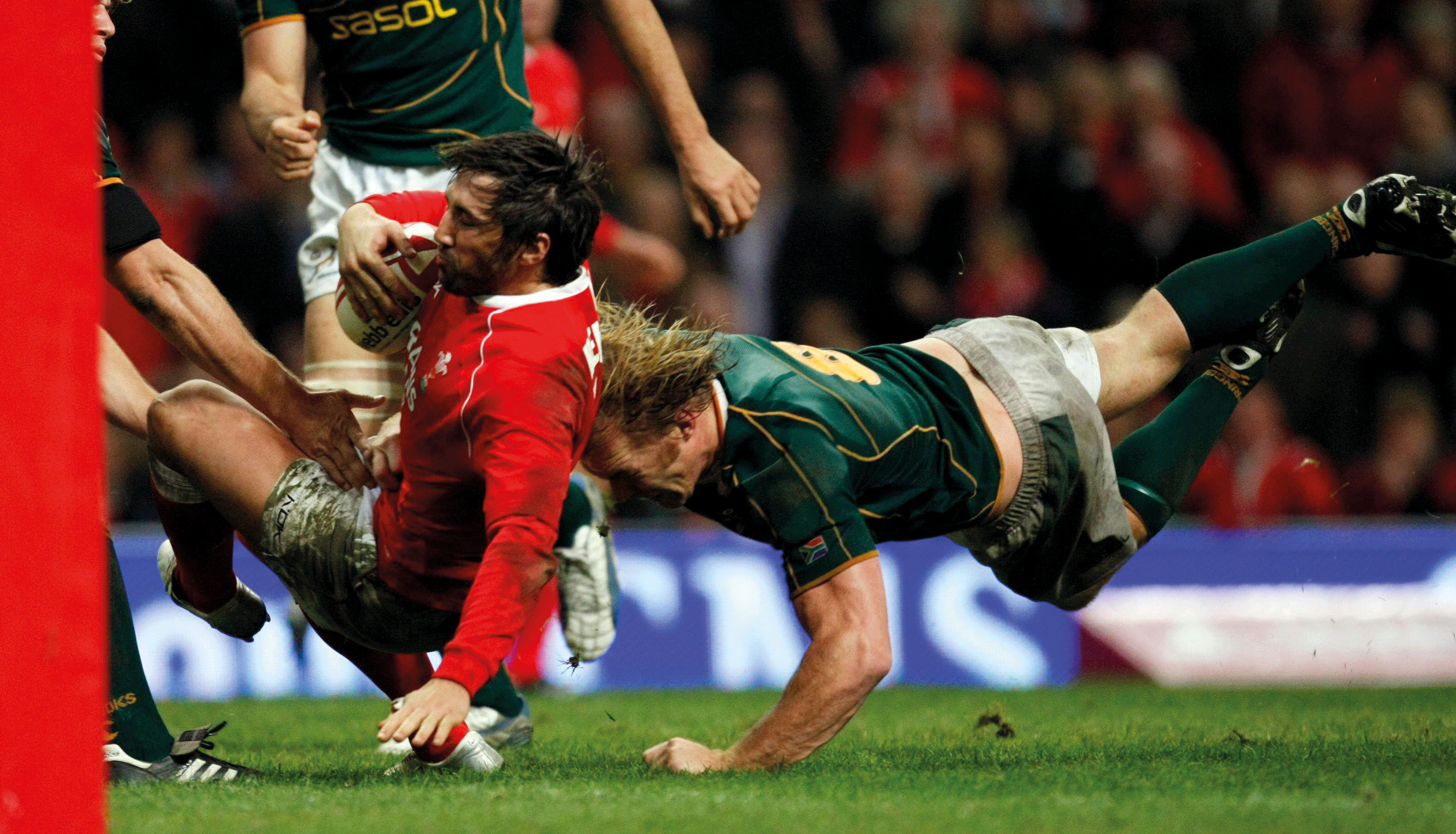Lawyers and journalists filled court 75 at London’s Royal Courts of Justice last Friday for the latest development in claims being brought by 295 rugby union players against World Rugby Limited, Welsh Rugby Union Limited and England’s Rugby Football Union over brain injuries.
Senior Master Cook heard an application by the claimants for a group litigation order (GLO) – but it soon became clear that no such order would be made, with Cook telling the parties early on that this would be ‘premature’.
Subsequent media coverage has primarily led on the names of some of the high-profile claimants, which could be revealed after reporting restrictions were partially lifted later that day. But while little happened in terms of case progression, last Friday’s proceedings provided helpful insight into how group actions – which have been growing in momentum – might need to be managed.
A GLO is an order made under the Civil Procedure Rules to provide for the case management of claims that give rise to common or related issues of fact or law. However, as Cook pointed out: ‘There are various ways in which large cohorts of cases can progress. It will depend upon many instances, on the individual nature of the claims.’
Another way to progress a group action, the senior master said, ‘is to take typical cases with typical players that may represent typical scenario A, B, C or D and focus on those cases. There are so many ways that can be done when one understands the issues and analyses this properly’.
The claimants’ legal team submitted that the litigation is suitable for a GLO. Players in their selected cohort present as having suffered cumulative injuries, the court heard. Lawyers for the defendants, meanwhile, said they had the draft GLO in their possession for a week and needed access to the players’ medical records to be able to select test or lead cases for a GLO.
Cook stressed the need for proper consideration by both parties. The claimants put forward a suitable number of players representing their position. The defendants put forward a number of those cases to ensure any arguments they wish to make are properly represented in the entire cohort.
In any conventional personal injury action, the senior master said, ‘the first thing you ask for, to verify the injury, is either properly prepared medical reports based on individuals’ medical history or production of that history.
‘By the time we are all back here there will be case management and there will be resolution to some of these issues. Whether a group of cases is let loose into the wide world or whether they are coordinated, chaperoned or part of a formal GLO – it’s going to happen. But it must happen in an orderly way, in a way that’s proportionate and not demanding of the court’s resources… ensuring the court is not overwhelmed and the court can deal with them in an orderly and progressive manner.’
Cook was ‘acutely aware’ of how long the case has been in gestation and the position of every claimant. ‘These issues are going to be resolved, there is no doubt about that,’ he said. ‘However, it has to be resolved on the basis of a collaborative approach between the parties, and the parties and the court, otherwise we will be going round and round and round the wheels of death on the computer, going nowhere.’
The next hearing will take place in late April or early May. Directions were given on what needs to happen before then.
‘There is a tendency for parties to go away and get on with it,’ Cook said. ‘If parties find themselves at an impasse or in difficulty they cannot get over, the first thing they do is email me to alert me to the fact there is a difficulty, then seeing whether the court’s assistance is required at an earlier date to resolve the blockage. One can get into coming back every six or seven months only to find a blockage. That is no way to get over this litigation. It needs constant attention.
‘The difficulties must be brought to my attention at the first opportunity. That way we can work collaboratively and avoid getting to a position where we find the parties missing the point of each other. I hope everyone will appreciate the importance of communication, not only with each other.’
































No comments yet